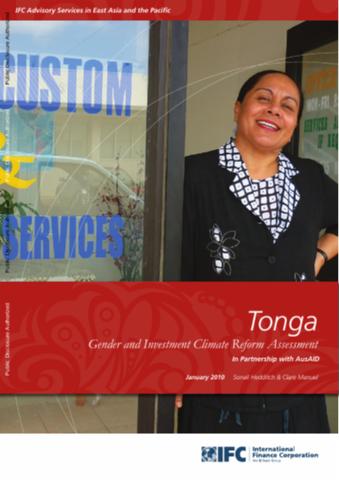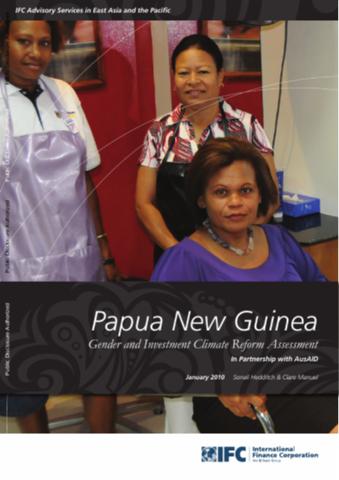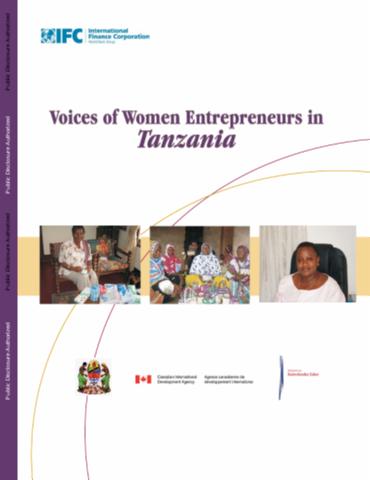Location
The World Bank is a vital source of financial and technic
IFC, a member of the World Bank Group, is the largest global development institution focused exclusively on the private sector in developing countries.
We utilize and leverage our products and services—as well as products and services of other institutions in the World Bank Group—to provide development solutions customized to meet clients’ needs. We apply our financial resources, technical expertise, global experience, and innovative thinking to help our partners overcome financial, operational, and political challenges.
Clients view IFC as a provider and mobilizer of scarce capital, knowledge, and long-term partnerships that can help address critical constraints in areas such as finance, infrastructure, employee skills, and the regulatory environment.
IFC is also a leading mobilizer of third-party resources for its projects. Our willingness to engage in difficult environments and our leadership in crowding-in private finance enable us to extend our footprint and have a development impact well beyond our direct resources.
Members:
Resources
Displaying 46 - 50 of 52Tonga Gender and Investment Climate Reform Assessment
This report is one of six gender and investment climate reform assessments undertaken in six Pacific nations including Tonga. The report analyzes gender-based investment climate barriers which constrain private sector development and identifies solutions to address them. Four key investment climate areas are considered: public private dialogue; starting and licensing a business; access to justice, the courts, and mediation; and access to and enforcement of rights over registered land.
Papua New Guinea Gender and Investment Climate Reform Assessment
This report is one of six gender and investment climate reform assessments undertaken in six Pacific nations including Papua New Guinea. The report analyses gender-based investment climate barriers which constrain private sector development and identifies solutions to address them. Four key investment climate areas are considered: public private dialogue; starting and licensing a business; access to justice, the courts, and alternative dispute resolution; and access to, and enforcement of, rights over registered land.
Integrating women into mining operations: the examples of Newmont Ghana and Lonmin South Africa
Mining has not always had good press in the development arena, due to a history of inadequate environmental and social governance. This short paper argues that there is enormous opportunity to be had in including women in mining operations. The author looks at how International Finance Corporations’ (IFC) Gender Program was able to implement strategies to help two IFC mining clients better integrate women into their operations. The author highlights how in so doing, IFC has contributed to the clients’ sustainability objectives and to improved performance through greater gender diversity.
Voices of Women Entrepreneurs in Tanzania
The Government of Tanzania is committed to supporting women entrepreneurs with both policy and practical support. The Government of Tanzania has made impressive strides in supporting women entrepreneurs, and its policies reflect a commitment to advancing women. The Ministry of Industry, Trade, and Marketing, which commissioned this report, has established special initiatives to reach out to women, and government supported organizations such as the Small Industries Development Organization (SIDO) have been working to empower women entrepreneurs through training and access to credit.
Gender and Economic Growth Assessment for Ghana 2007
This study presents an assessment of the role of gender in economic growth in Ghana with emphasis on constraints to enterprise operations, investment, and growth among women owned firms. Anecdotal evidence suggests that women own up to a third of businesses in Africa, and that this represents a significant source for scaling up economic growth in such countries. In Ghana, women make up about 50.1 percent of the entire labor force and are mostly involved in micro enterprises and the retail trade.







